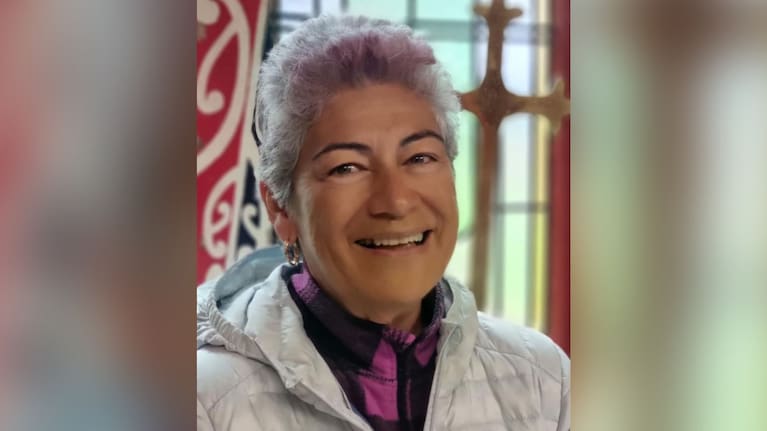Fairness in the Ōpōtiki Māori ward election has been called into question following a printing error.
Curley Keno is one of three Ōpōtiki Māori ward candidates whose profiles have been left off candidate profile booklets sent out with voting packs.
“How can we trust the integrity of an election process if such a fundamental mistake is allowed to happen?” Keno said.
“Do the returning officers get to see a draft before it is printed?”
Ōpōtiki district is not the only one to have an issue with Māori wards not appearing in candidate booklets. Whanganui and South Wairarapa, which both use a different electoral service to facilitate their elections, have had a similar problem.
Most people in Ōpōtiki district received their voting packs on Wednesday.
Keno said she found out about the mistake on Thursday morning when she opened her pack.
“It was the first thing I noticed. We’re not even mentioned in the contents page either, but the Coast Māori wards are. I have emailed the returning officer and I am waiting for a response.
“They need to rectify this because the majority of voters are older people who are not on social media. They don’t access the website either, where our candidate profiles are.”
Three candidates were left out of the booklet: Keno, who is also running for the mayoralty; Maude Maxwell; and Linda Steel.
All three are standing in the newly created Ōpōtiki Māori ward.
Maxwell said she had been contacted on Wednesday night by someone wondering why her candidate profile wasn’t in the booklet.
“I didn’t know what she was talking about at first until I looked at the booklet and realised our whole Māori ward profiles were missing.”
Maxwell alerted the council to the mistake early on Thursday morning.
She said she received a phone call from Election Services, the external organisation that facilitates local elections for all the Eastern Bay district councils shortly afterwards to apologise.
“They have made an announcement that they are sending out new documents. I’m happy with that. They’re getting on to it quickly.”

Maxwell was told that Election Services had also tried to contact the other candidates who had been omitted.
An Ōpotiki District Council spokesperson confirmed no one in-house at the council had proofed the contents of the booklet.
The council posted on its Facebook page reporting the “muck-up”.
They assured the public that all the candidates were listed on the voting papers.
“If you know who you want to vote for without needing to read the candidate booklet, you can still tick the boxes and vote as you normally would.”
‘My sincerest apologies’
Election Services had recognised the significant error and had a plan in place.
They would be reprinting the Ōpōtiki Māori Ward candidate profiles and would send these to the 1958 affected electors, accompanied by a letter of apology from Electoral Officer Dale Ofsoske.
Ofsoske said it appeared that the error had occurred during the proofing process.
“I take full responsibility for this and I extend my sincerest apologies to the candidates and the Ōpōtiki Māori Ward electors for this omission,” he said.
Council advocacy group Local Government New Zealand has said the error was “deeply concerning and reinforced the organisation’s calls for changes to how future elections were administered.
LGNZ interim chief executive Scott Necklen said LGNZ had long held the view that local elections needed to be centralised and run by the Electoral Commission.
“New Zealand’s election services providers do a good job with the resources available, and they’ve taken responsibility for these errors. But the issues we’ve seen reinforce the need for one centralised provider to run local elections, to provide consistency for all candidates and voters.”
Te Maruata, the national committee of Māori elected members within LGNZ, said the mistake was doubly disappointing and concerning given referendums were being held concurrently for some Māori wards and constituencies.
Te Maruata co-chairman Iaean Cranwell said errors like this could significantly erode public trust in local elections.
“The absence of candidate profile information compromises the ability of voters to make fully informed decisions. It also risks undermining confidence in the referendum process, where the visibility and voices of Māori ward candidates are central to the question of whether Māori wards are retained beyond this triennium,” Cranwell said.
LDR is local body journalism co-funded by RNZ and NZ On Air.

